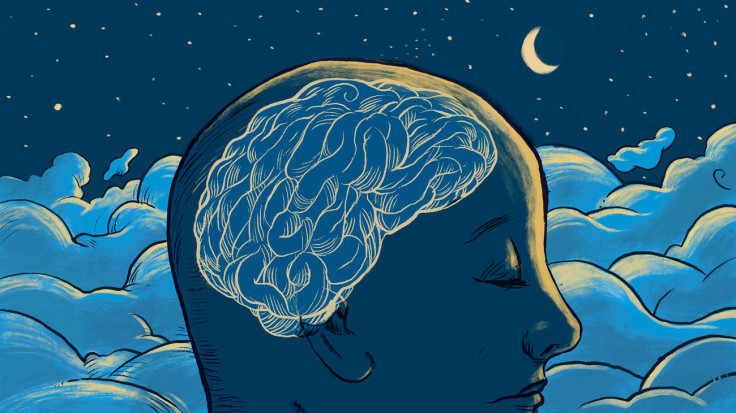Getting plenty of shut-eye every night can reduce your negative thoughts
A new study from the University of York has found that achieving plenty of high-quality sleep every night can reduce feelings of anxiety and depression.

Just picture this – it's been a long and tiresome day, your shift was monotonous and dull, your workload has got you stressed, your veins are full of caffeine, the rush-hour traffic felt more intense than usual and, fundamentally, you're exhausted, mentally and physically exhausted. So the one thing you look forward to at the end of a tedious day is to climb into bed and fall asleep.
Aside from providing some much-needed downtime and respite in-between our stressful lifestyles, new research from the University of York suggests that sleep can be an effective, medically proven coping strategy when reducing chronic stress, depression and pathological anxiety.
As a testament to the power of sleep, achieving some high-quality shut-eye every night can help with re-framing a situation in order for one to see the positive side, particularly for those suffering from poor mental health, and faced with negative and stressful situations.
Researchers at the university studied data from over 600 participants during the COVID-19 pandemic, which was undeniably an extended period that caused heavy stress, with the aim of testing a theory that high-quality sleeping patterns can serve as healthy coping strategies for supporting mental health.
"This is the first study to investigate the ways in which positive coping strategies and sleep quality influence depression and anxiety when experiencing a real-world chronic stressor.
"We found that better sleep quality was associated with fewer symptoms of both depression and anxiety during the initial months of the COVID-19 pandemic. These findings highlight the importance of targeting both positive coping strategies and sleep quality when enduring periods of chronic stress."
Emma Sullivan, PhD student from the Department of Psychology at the University of York.
To strengthen their hypothesis, the team analysed data from the Boston College Daily Sleep and Well-being survey, which involved participants self-reporting their mental well-being and quality of sleep during the pandemic.
Through this, the researchers were able to collect information on various patients' sleep patterns and mental well-being, along with additional data on other factors such as alcohol consumption, quarantine status and physical activity levels.
"We have known for a long time that high-quality sleep is associated with better health and well-being outcomes, but we wanted to know whether this would change if sleep and coping strategies were put under intense and prolonged periods of stress, as it was for so many during the pandemic.
"We found that sleep plays a hugely important role in the management of chronic stress and can sustain well-being over a long period of time, reducing symptoms of depression and anxiety."
Dr Scott Cairney, PhD, project supervisor from the Department of Psychology at the University of York.
Numerous studies that have been conducted previously have highly suggested the crucial importance of sleep and how a lack thereof can seriously impact our concentration, logical thinking, libido, memory and our bodies as a whole.
In fact, when pushing to the extreme, complete sleep deprivation can even be fatal, as inadequate sleep can affect the immune system, leaving our bodies vulnerable to the worst kinds of bacteria.
So whenever your body is desperately crying out for sleep, you might want to highly consider reading between the lines and grab your forty winks. If this research has taught us one thing, it's this: it's certainly not worth burning the candle at both ends.
© Copyright IBTimes 2025. All rights reserved.






















